The Qualities and Approach Required for Success in Stage Racing

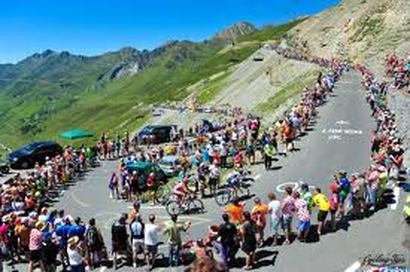 CyclingTips, 2013
CyclingTips, 2013 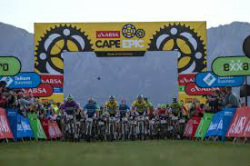
Mountain bikers have the 8 day Cape Epic in South Africa, one of the biggest MTB World events both in number of participants and viewers and the 8 day Trans Alp, a classic MTB stage race in the alpine regions of Germany, Austria and Italy. In Australia, there is the Cape to Cape in Western Australia, Wildside in Tasmania and, of course, the Crocodile Trophy in Northern Queensland (See Table below).
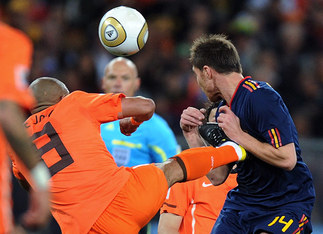 Ochoa de Olza, 2010
Ochoa de Olza, 2010 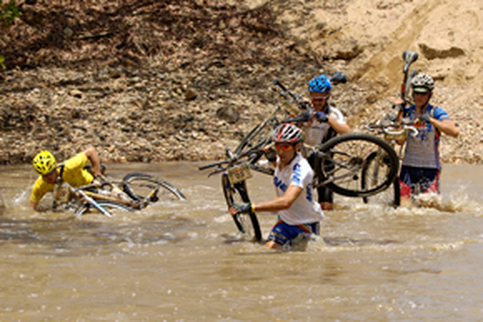 Stanger, 2012
Stanger, 2012  Stanger, 2012
Stanger, 2012 The first thing you need to do after deciding that you are going to race in a longer stage race is to begin developing multi-day ‘recoverability’, so that you’ll be able to produce similar wattages day after day all the way to the final stage. We all fatigue, but those that recover quickly will ride stronger towards the end of a stage race. The racers that start with their ‘batteries’ 100% charged and then de-charge down to 80% by the end of the race, will do poorly compared to racers that start at 100% charged and then only de-charge down to 90% by the end of the race.
Stage racing (and the tournament equivalents in other sports) therefore place physiological and psychological demands on the athletes which are vastly different to one day events. This is why the winners of the one day classic bike races are different to those who succeed in the Grand Tours. With the ability to provide exotic locations, amazing scenery, challenging and varied terrain and, ultimately, high drama, it is no wonder multi-stage events provide the public, the media and the athlete with events worthy to be classified as the pinnacle of sporting performance.
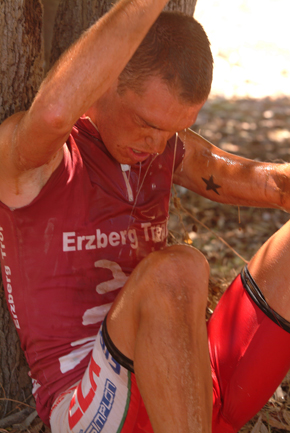
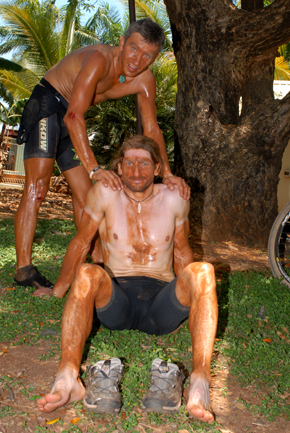
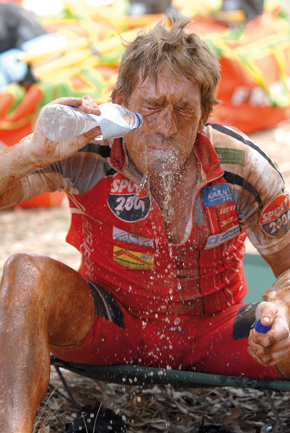




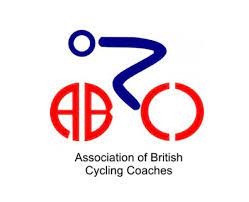
 RSS Feed
RSS Feed
